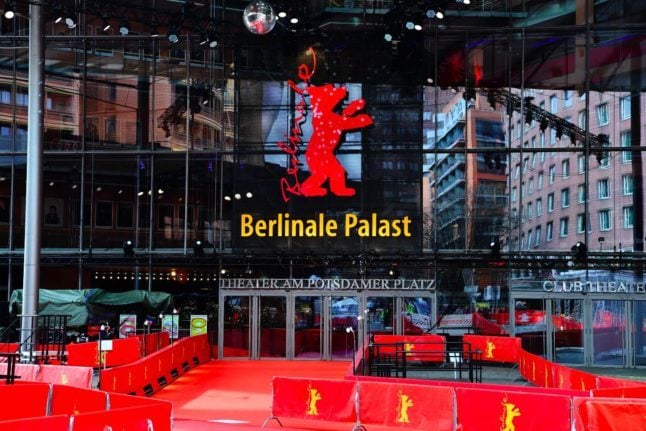“I work much less in Spain than I would like to,” the Oscar-winning star told AFP.
“I don't get the scripts because people think I live abroad, or that I would be looking for stratospheric money, which is not true,” he added.
“If a film has a budget of course I want to be paid, but if not, we can find another way,” Bardem said as the Nantes Spanish film festival in western France staged a retrospective of his work.
“I am prepared to be flexible,” said the actor, who tends to alternate between Hollywood blockbusters like the “Pirates of the Caribbean” and edgier independent European and American films.
Bardem, who lives with his wife Penelope Cruz and their two children in a suburb of Madrid, has always been deeply engaged in his homeland.

Activist mother
The son of an activist actress from whom he inherited a passion for leftwing causes, he began his career in the 1990s with directors like Bigas Luna and Pedro Almodovar, who were challenging the country's view of itself after decades of dictatorship.
That taste for revolt has never left him. His family played a key role in organising protests against the Iraq war, and he incurred the wrath of the present leader of the rightwing People's Party Pablo Casado for criticising its dismantling of Spain's social security system when it was in power.
Casado branded Bardem an “imbecile” and said he should be “living in Cuba” rather than in Los Angeles.
Bardem is used to the rough and tumble of politics. He made his name in Luna's “Jamon, Jamon” playing the ultimate Spanish macho man opposite Cruz in 1992.
He insisted that he and Luna were “sending up” the Iberian archetype.
“Bigas Luna had a great sense of humour,” said the actor, who was an equally chauvinist playboy businessman the following year in “Macho”.
Yet a quarter of a century on, the behaviour of the Latin male lampooned in those movies has “not changed much”, he added.

Macho men
“The macho is still very much there, including in Spanish politics,” he said.
“Spanish men still say 'I do it because it comes from my balls', (which means I do that because I'm a man), and 'You don't know who you are talking to!'” when they are challenged.
“Sadly, sexist violence has risen to alarming levels,” he added.
Bardem, who turned 50 last month, is not tempted to make the transition to the director's chair — though he can see why some of his peers are tempted.
“Playing a role is an enormous act of trust and generosity,” he said.
“You offer yourself for someone else to work with and manipulate, and not always for the better. I can see how an actor would say, 'Now I want to direct my own work,'” he added.
“But directing is much more than that, it's an extraordinarily difficult job. I don't feel I would be able to do it well, and more importantly I don't feel the need to.”
Bardem has just started shooting on Denis Villeneuve's “Dune”, the second time the classic science fiction novel has been adapted for the big screen after David Lynch's 1984 version. Before that he was in British director Sally Potter new film, “Molly”, a family drama where he stars alongside Elle Fanning and Salma Hayek.
“It was a challenge,” he admitted, “because it is a complex story, but talking about a film that is still being cut is hard.”

Bardem, who won his best supporting actor Oscar for the Coen brothers' “No Country for Old Men”, is still very much attached to the “romance” of watching a film in a cinema, “sitting in front of a big screen”.
That said, he would happily work for a streaming platform if the project was right.
“Amazon and Netflix are making the kind of cinema now that the studios refuse to make,” he said, pointing to films like Alfonso Cuaron's Oscar-winning “Roma” or Martin Scorsese's forthcoming film, “The Irishman”.
By AFP's Anna Pelegri



 Please whitelist us to continue reading.
Please whitelist us to continue reading.
Member comments